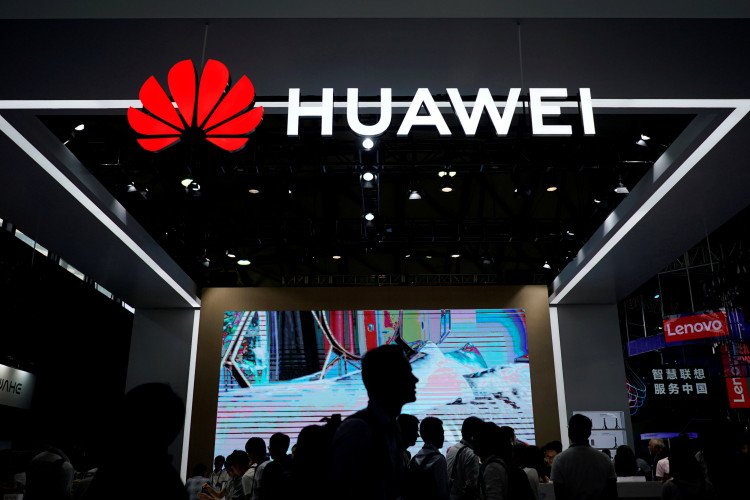Africa has accepted Chinese telecommunications company Huawei for years despite the United States appeals to its allies globally to avoid the company over concerns on national security. Analysts believe that Africa has alternatives in terms of internet development than to accept the Chinese techs.
The United States stands firm against the use of Chinese techs, specifically Huawei, in the development of the telecommunication in any nation. Last year, the western economic giant accused Huawei of placing backdoor software on its products to be used in spying and stealing trade and security data. The United States called for the boycott of the technology of Huawei in the development of 5G networks of its allied nations. Nations around the world are divided on the issue. Most of the Asian nations rejected the claims of the United States as they continued to partner with the company in the development of their 5G networks.
The European Union also debates the claimed risks of Chinese technologies. Some members of the European Union believe that the risks are manageable with proper implementing policies. Chinese President Xi Jinping is scheduled to visit Europe next week to discuss the trade policies of China and the European Union and Huawei's presence in the European continent. Huawei reported recently that they plan to open a data transparency center in the continent. The company is the world's leader in 5G development. The company countered the United States claim saying that they are groundless and that it is a desperate move to eliminate a strong rival in the market.
Covus van Staden, a senior China-Africa researcher at the South African Institute of International Affairs said that Huawei has built about 70 percent of the continent's 4G networks, vastly outpacing European rivals. The development of the Huawei networks is often backed by Chinese state banks which makes approval faster due to fewer conditions than loans offered by international financial institutions.
The concerns around the use of Huawei techs are overshadowed in Africa by the imperative for greater internet access because of the fast growth of its economies and its population which is expected to double by 2050. Howard French, a professor at the Columbia School of Journalism and the New York Times bureau chief in the west and Central Africa in China, said that at least for the time being, Africa doesn't have any other cost or competency alternatives. He added that this idea that Huawei would never reveal anything to the Chinese state if asked is implausible because any Chinese company has to operate within the rules of the Chinese state.





